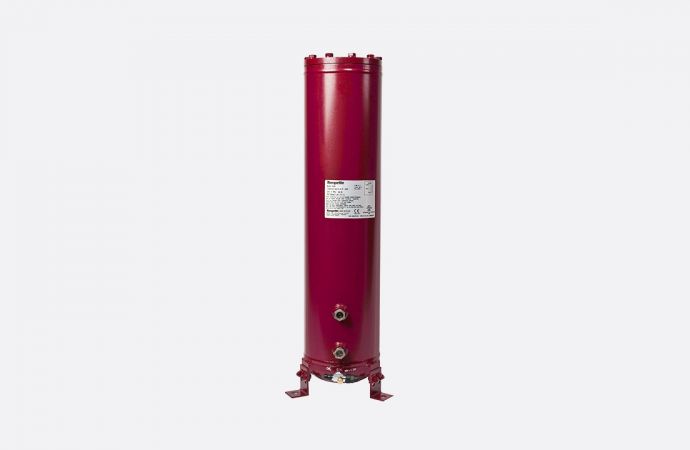The workshop aims to help achieve the reductions mandated in the California Senate Bill 1383.

California State Capitol building. © Adonis Villanueva / 123RF.com
The California Air Resources Board (CARB) will host a public workshop on January 30, 2020, to discuss proposals for reducing high-GWP HFCs from stationary refrigeration and air conditioning equipment.
The “Public Workshop for Stationary Refrigeration and Air Conditioning Rulemaking and Incentive Program,” which will also debate the Fluorinated Gases Emission Reduction Incentive Program, will take place at the Byron Sher Auditorium in Sacramento, California (U.S.) from 9:00 am – 2:30 pm. A webcast will be available for those unable to attend, with an option to ask questions.
If you have questions regarding this workshop, email the HFC Reduction Team or call at +1 (916) 322-3984.
The workshop aims to produce proposals to help achieve the HFC reductions mandated by California’s Senate Bill (SB) 1383. During the workshop, CARB will also present a draft regulation text and proposed guidelines for developing the incentive program, established by The California Cooling Act (SB 1013).
40% reduction by 2030
The California state legislature enacted SB 1383 in 2016. The bill requires a 40% reduction of HFC emissions by 2030, compared to 2013 levels.
In its SLCP (short-lived climate pollutants) Strategy, CARB has outlined measures to help meet these emissions reductions targets. These include financial incentives for early adoption of low-GWP refrigeration, an HFC supply phase down, a sales prohibition of high-GWP refrigerants, and a prohibition on new equipment using high-GWP refrigerants.
SB 1013 was signed into law by then California Governor Jerry Brown in September 2018. The bill adopted rules 20 and 21 from the EPA’s Significant New Alternatives Policy (SNAP) Program into California law, except for the mobile air conditioning (MAC) rules. It also established the Fluorinated Gases Emission Reduction Incentive Program.
However, additional emissions reductions are still needed, according to CARB, and the organization is proposing new equipment prohibitions, including a GWP limit of 150 on new stationary refrigeration systems containing more than 50 pounds of refrigerant starting January 1, 2022, and a GWP limit of 750 for stationary air conditioning systems starting January 1, 2023.
Related stories



